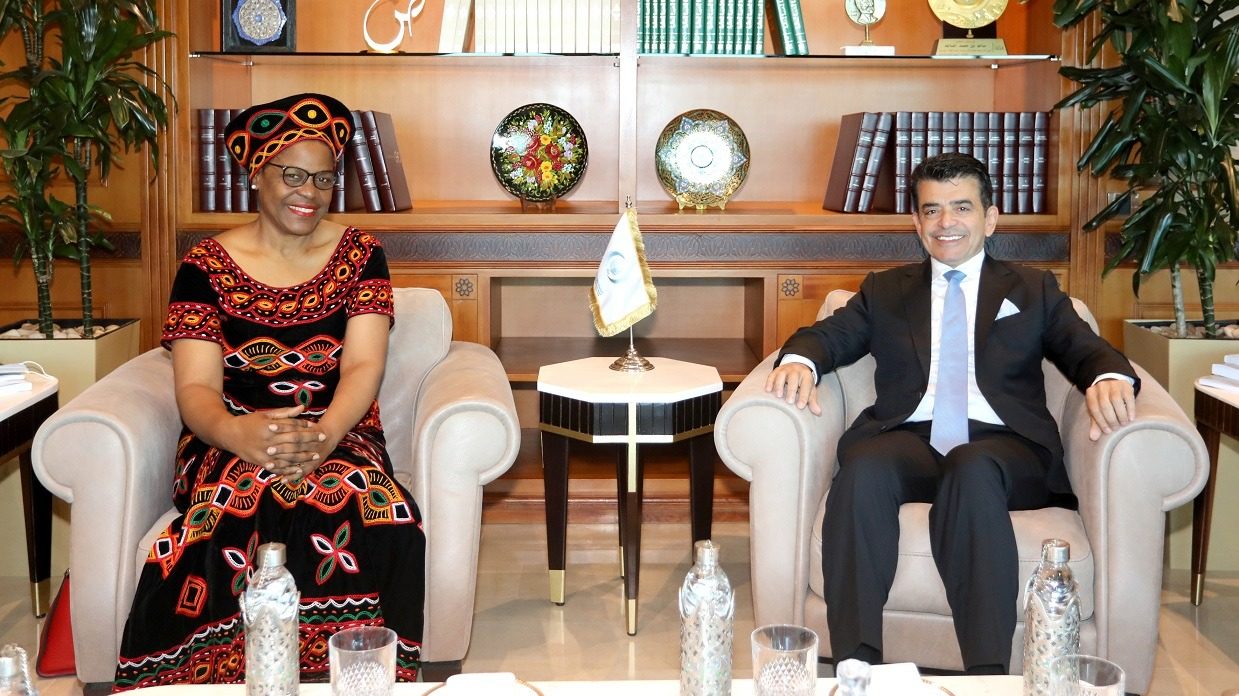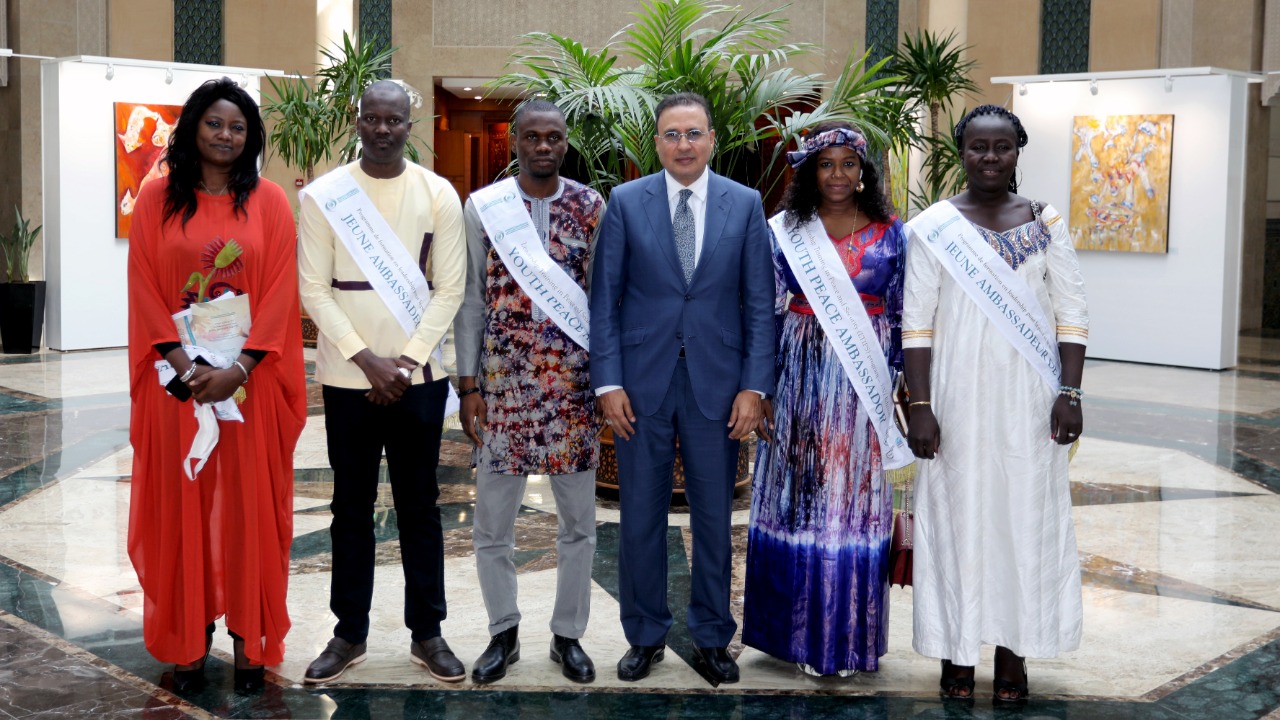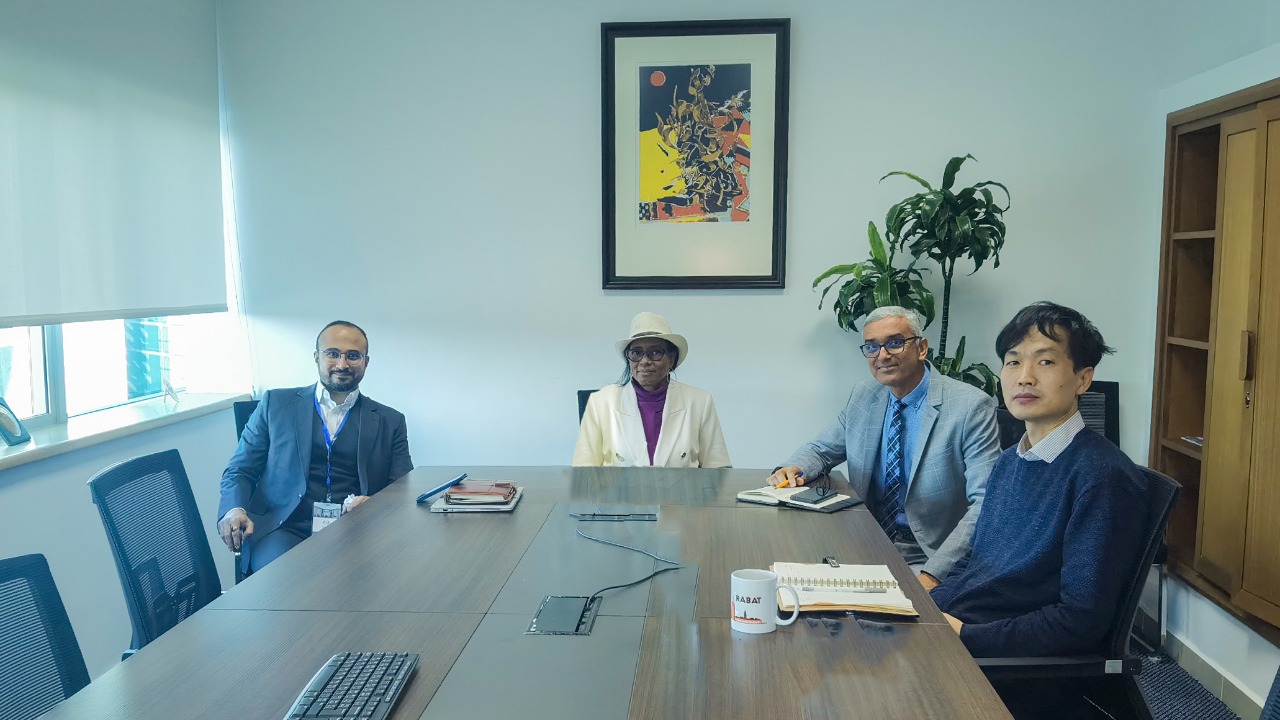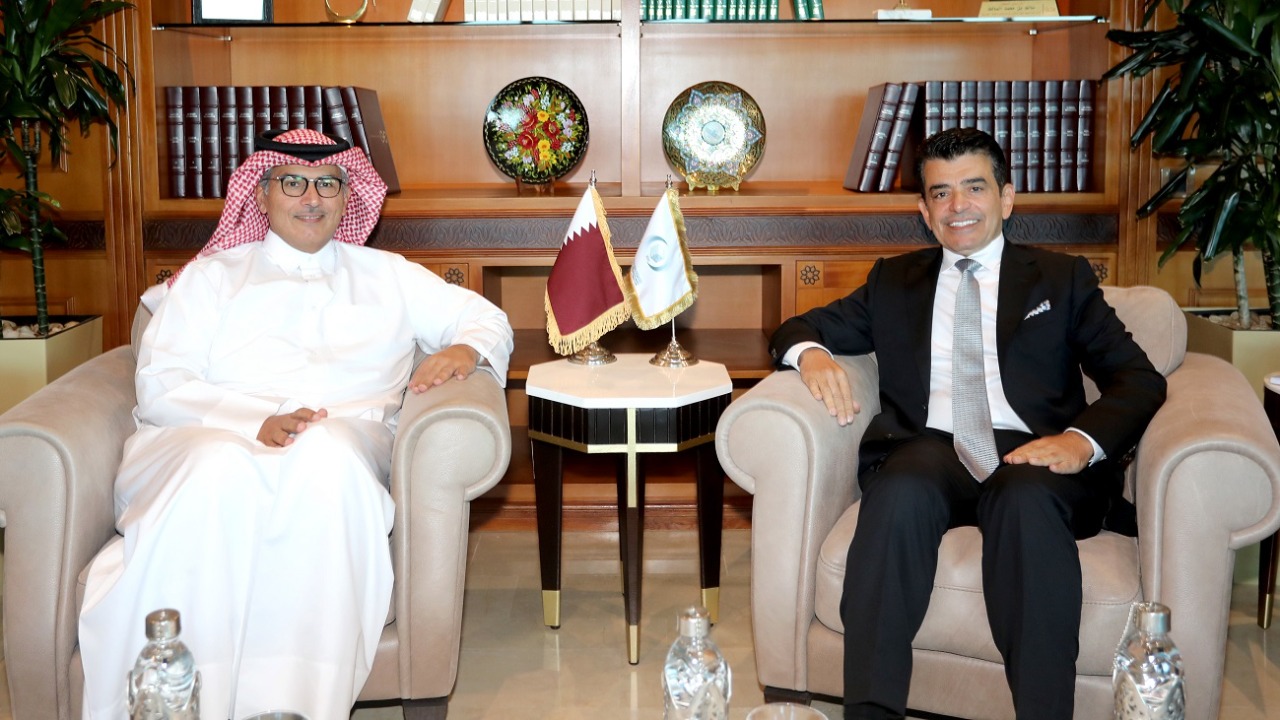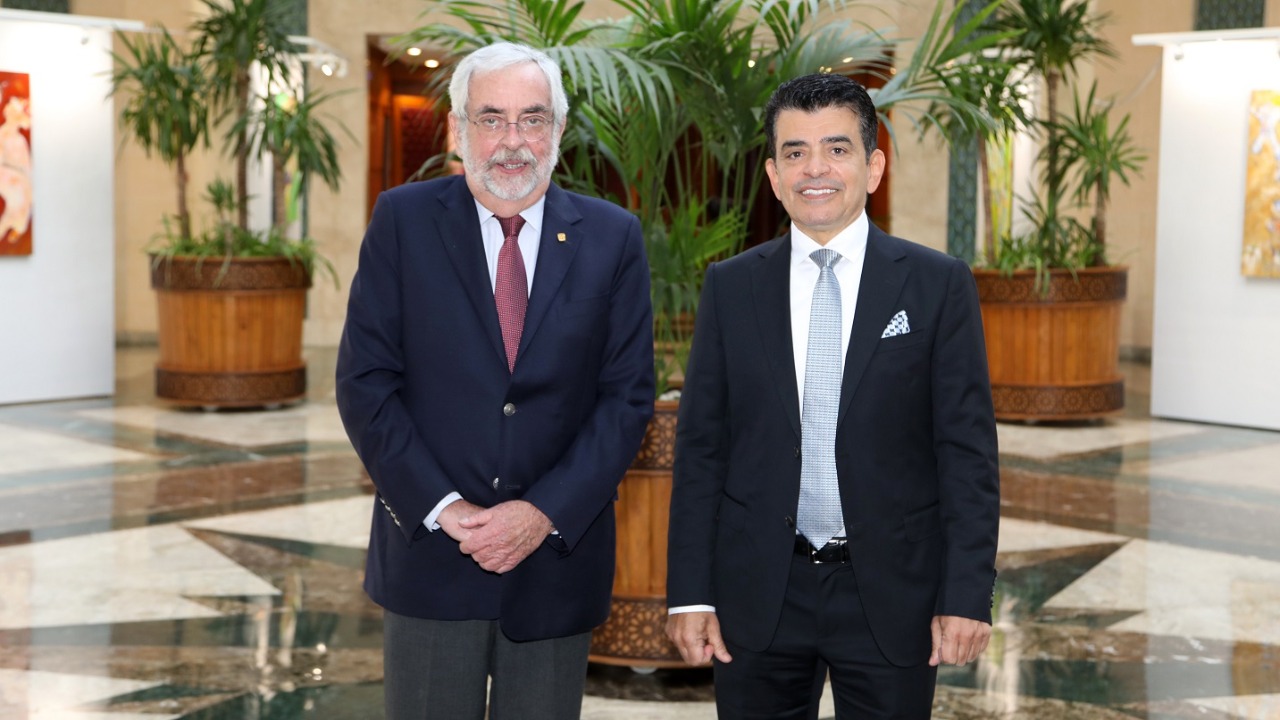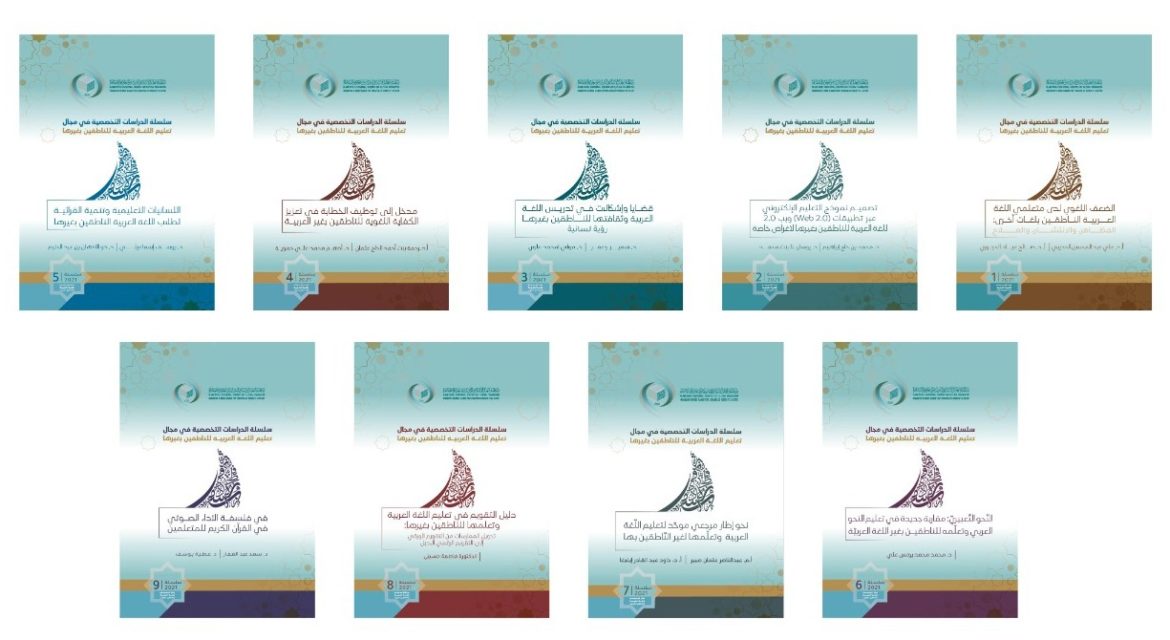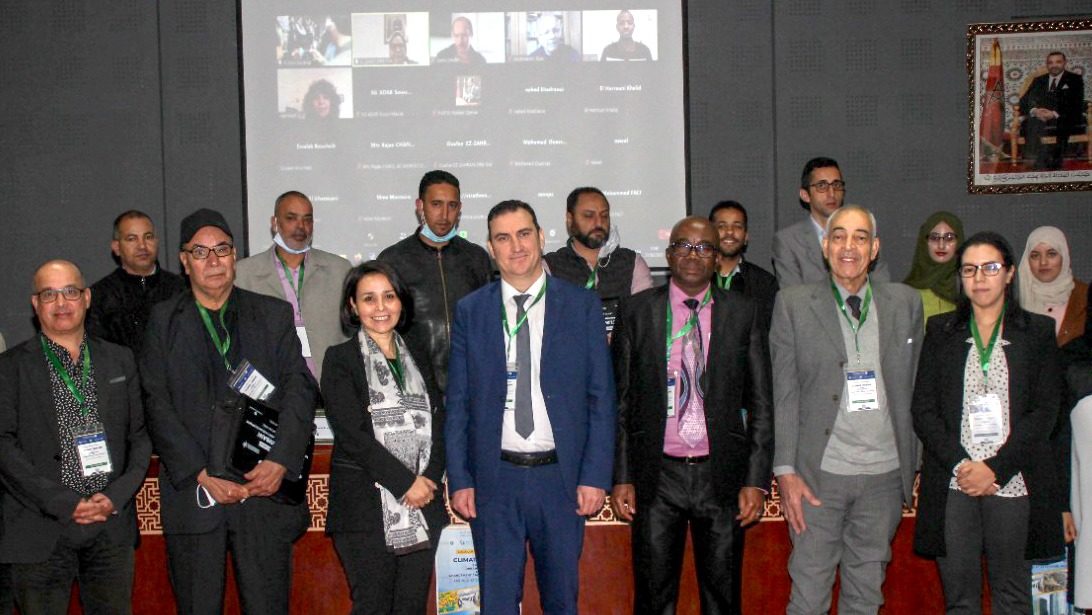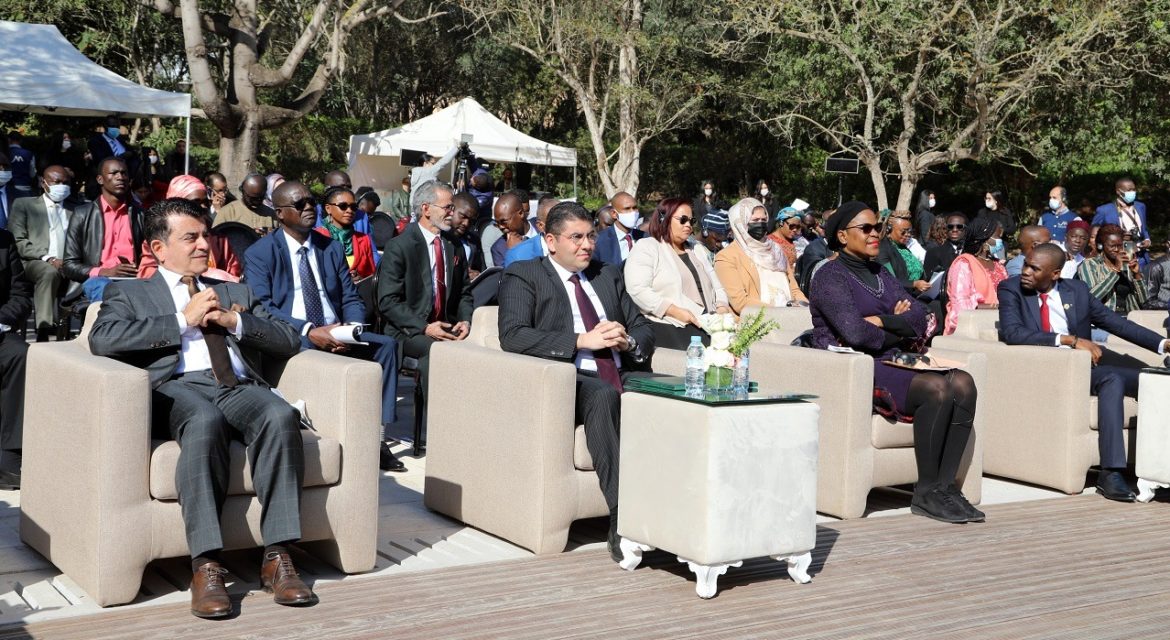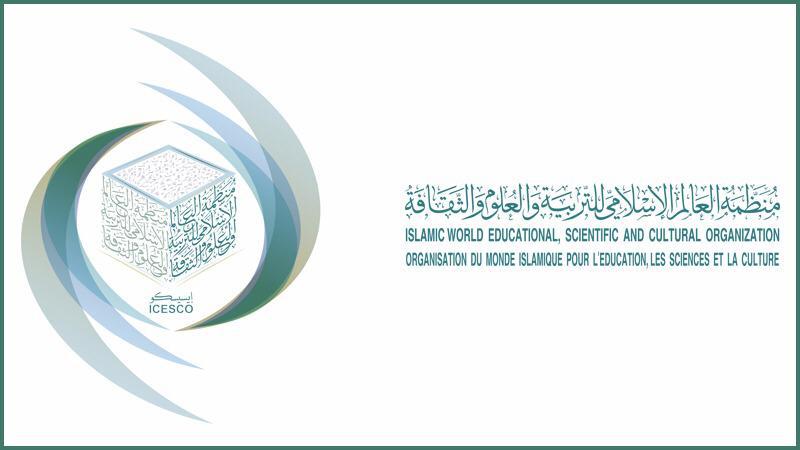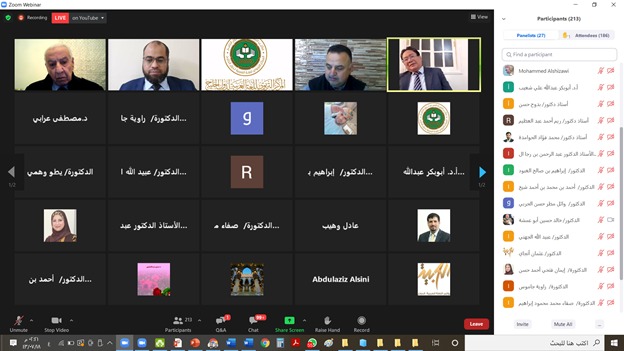Dr. Salim M. Al-Malik, Director-General (DG) of the Islamic World Educational, Scientific and Cultural Organization (ICESCO), received Ms. Louisette Renée Thobi Etame-Ndedi, Secretary-General of the Conference of Ministers of Youth and Sports of the Francophonie (CONFEJES). The meeting explored ways to strengthen cooperation between the two parties within the framework of their agreement, signed in March 2021.
During the meeting, held on Wednesday, February 23, 2022, at ICESCO headquarters, in Rabat, Dr. Al-Malik reiterated that ICESCO’s new vision and action strategy attach particular importance to youth capacity-building in its Member States.
“The Organization has implemented numerous programs and training sessions, including the Youth Leadership Training in Peace and Security, which has trained 30 ICESCO Ambassadors for Peace from 24 countries inside and outside the Islamic world, in addition to the Support Program for Young Entrepreneurs in Technology and Innovation,” the DG added.
For her part, Ms. Louise Renée Thobi stressed CONFEJES’s keenness to cooperate with ICESCO on a set of programs for the benefit of young people.
At the close of the meeting, the two parties agreed to strengthen cooperation in their areas of common interest and hold expert meetings to consider a set of practical programs and develop implementation plans.
The meeting also brought together Dr. Boly Barry Koumbou, Head of Education Sector, Ms. Ramata Almamy Mbaye, Head of Social and Human Sciences Sector, and Ms. Sally Mabrouk, Director of the Director General’s Cabinet.


